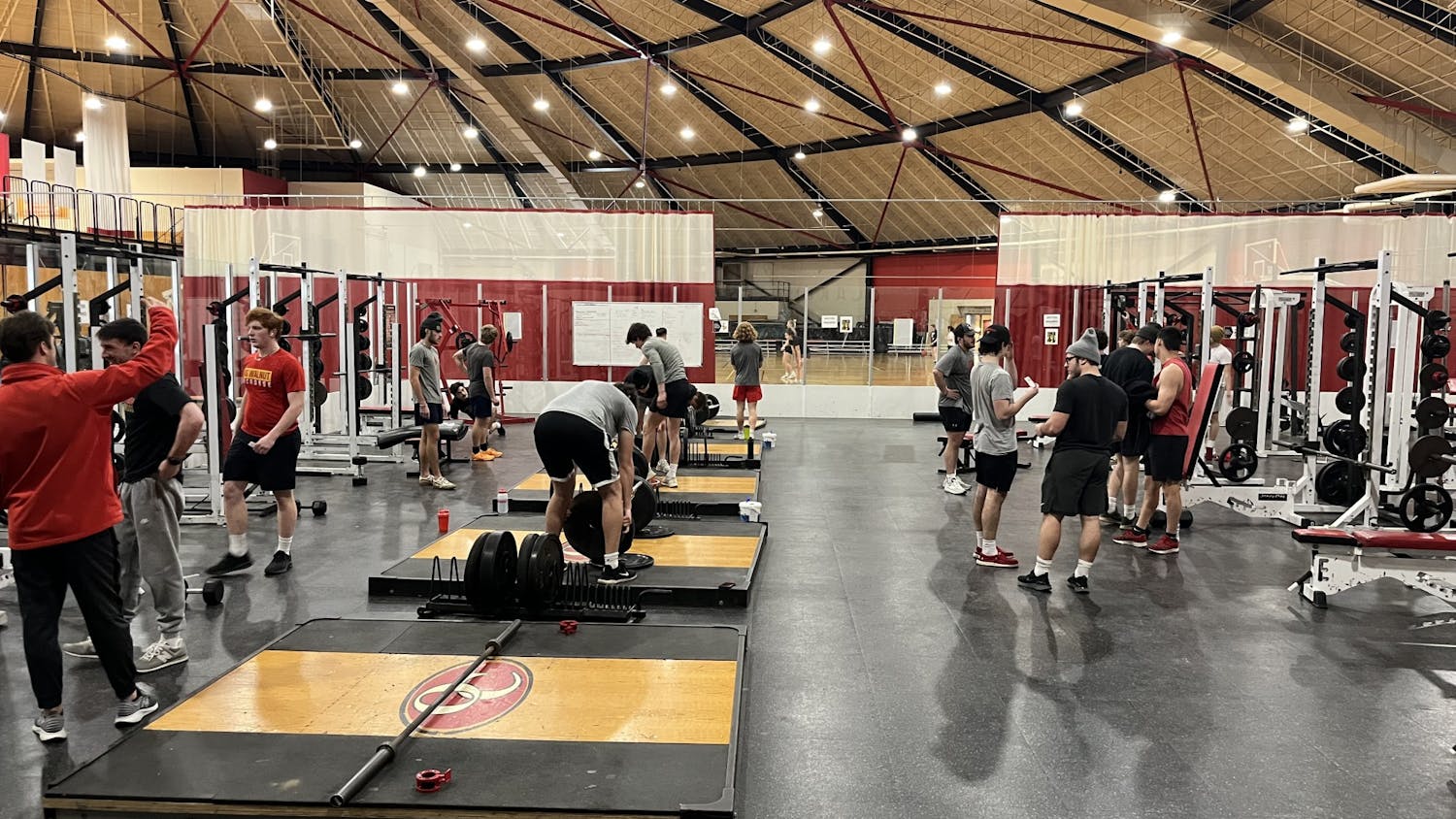The start of the 2018-19 school year marks two years since Otterbein University began allowing alcohol on campus, yet alcohol offenses still persist.
Prior to this policy change, which was enacted in July of 2016, Otterbein was a completely dry campus. Possession and use of alcohol was prohibited. The former policy focused on how alcohol could potentially distract students from the educational process.
The push to change this policy was brought on by students. After a committee of Otterbein University Student Government (OUSG) members researched and surveyed other institutions similar to Otterbein, a proposal was written, voted on, and passed by OUSG and the university board of trustees to update the policy.
The intent of the new policy was to allow students over 21 years of age their right to drink on campus, but also implement rules to prevent overuse and binge-drinking.
Currently, alcohol is only allowed in the university apartments in certain quantities: two six-packs of beer, one 1-liter bottle of wine, or one 750-milliliter bottle of 42-proof spirituous liquor.
In addition, only limited guests are allowed in the apartments at the time of consumption, and drinking games are prohibited.
The policy also allows for alcohol to be served and consumed at approved University-sponsored events.
However, while regulations have been put into place to protect those legally allowed to drink, other alcohol offenses are still an ongoing issue.
According to Otterbein’s annual campus security report, liquor law violations have continued to rise. The number of individuals referred for discipline due to these violations has doubled since 2014, with a total of 76 referrals in 2017 alone.
While the increase in referrals has slowed since the enactment of Otterbein’s current policy, they are still increasing.
According to the Otterbein Police Department’s daily crime log, there have been 16 alcohol offenses thus far in 2018, of which 12 were for underage consumption and possession.
Resident Assistant Andrea De La Rosa, a junior at Otterbein, said that the priority should be ensuring student safety and making sure that underage students are just as familiar with the alcohol policy as those students over the drinking age.
“The best way to enforce the alcohol policy is making students proximate with it … just making sure that there is knowledge and communication all across the board," said De La Rosa.
De La Rosa said that although the offenses are still rising, it’s important to keep track of these statistics so the Otterbein community can resolve these issues and decrease the number of violations in the future.
“It’s important to acknowledge," said De La Rosa. "If you don’t acknowledge the problems that are on campus, then is anything ever being done?”








